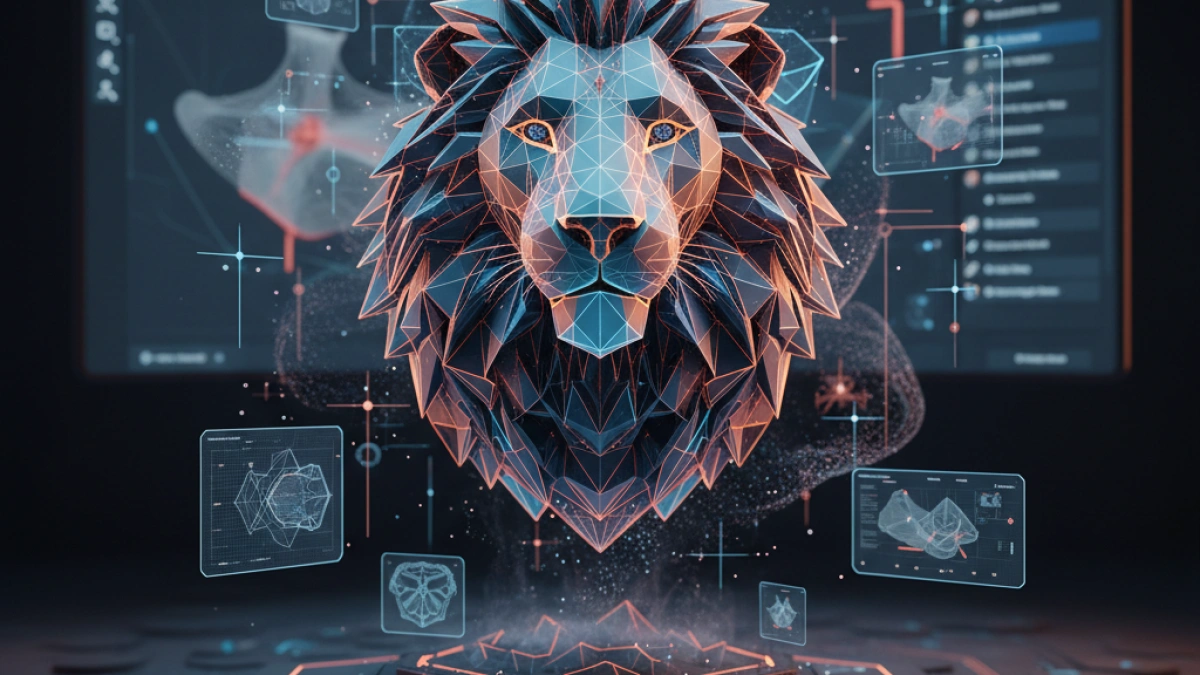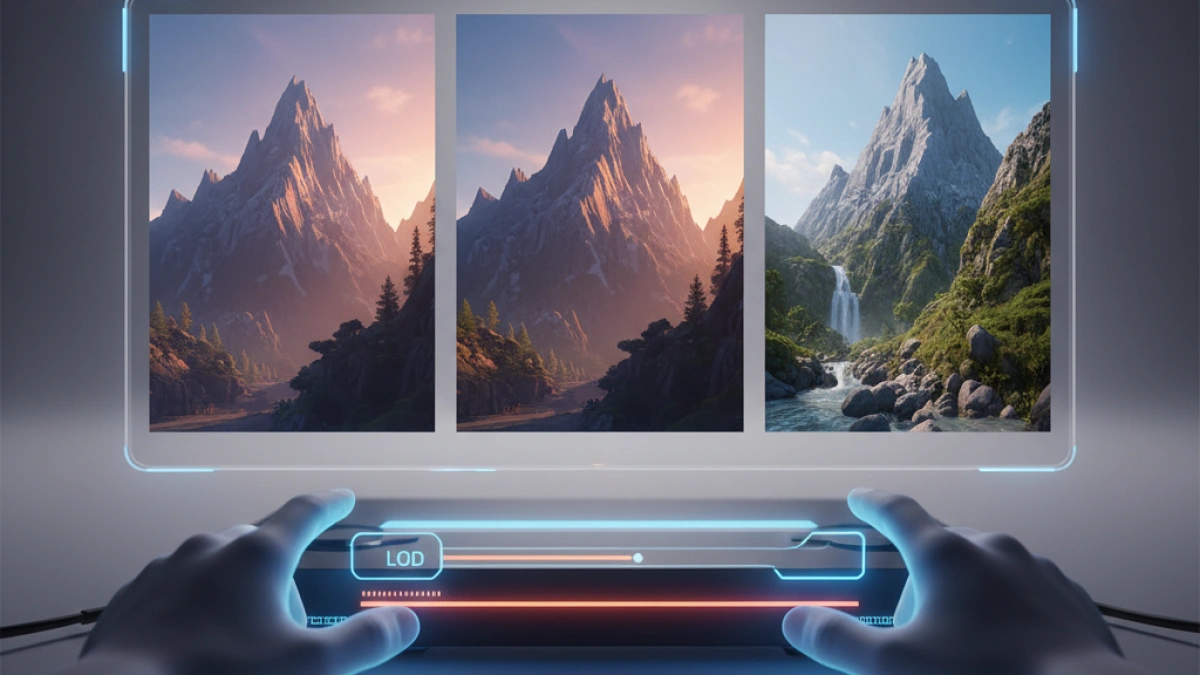What is Blender? 3D Software


Blender is a powerful open-source 3D modeling and animation software that is free to use. Since its launch in 1995, it has evolved into an essential tool for artists, designers, and engineers looking to create three-dimensional content. In this article, we will explore the features and functionalities of Blender, its significance in the industry, and its active community.
History of Blender
The Beginnings
Blender was created by Ton Roosendaal, initially as an internal software for the animation studio NeoGeo. In 1998, the first public version was released, but it faced a financial crisis that led Roosendaal to start a crowdfunding campaign to secure its future.
Blender Foundation
In 2002, the Blender Foundation was established, and through collective funding, Blender was released as free software. This decision boosted its development and popularity.
Main Features of Blender
Blender encompasses a wide variety of tools that set it apart from other 3D modeling programs. Some of its most notable features include:
3D Modeling
Blender offers a robust set of tools for modeling objects in 3D. It allows users to create everything from simple shapes to complex models with intricate details. The modeling tools include:
- 3D Sculpting: Advanced functions for working on models and creating organic details.
- Mesh Modeling: Tools for manipulating meshes, creating polygons, and editing vertices.
Animation and Rigging
Animation in Blender is facilitated by a "Rigging" system. Users can:
- Create skeletons: To model characters and enable their movement.
- Animate characters: Through keyframes and interpolation between them.
Rendering
Blender supports multiple rendering engines:
- Eevee: A real-time rendering engine that allows for high-quality results quickly.
- Cycles: A ray-tracing engine that provides a high degree of realism and quality in the generated images.
Compositing and Video Editing
With its integrated compositing and video editing tools, Blender allows users to create and edit animated sequences directly within the platform, eliminating the need for external software.
Applications of Blender in the Industry
Blender is used across various industries, from film to video games. Some of its applications include:
Animation and Film
Independent films and short films use Blender for creating visual effects and animations. Notable examples are "Spring" and "Cafe Opening," which have been acclaimed at film festivals.
Video Game Development
Blender's tools are utilized by video game developers for creating characters and environments. Its integration with game engines like Unity and Unreal Engine streamlines the workflow.
Architectural Visualization
Architects and designers use Blender to create visual representations of projects. The modeling and rendering tools allow for the construction of virtual models that showcase the design of buildings and spaces.
The Blender Community
One of the greatest advantages of Blender is its active and collaborative community. Through forums, tutorials, and code contributions, users share tips, techniques, and projects. The Blender Foundation also organizes events like the Blender Conference, where creators gather to learn and share their experiences.
Resources for Learning Blender
For those looking to learn how to use Blender, there is a variety of resources available:
Online Tutorials
Platforms like YouTube and specialized websites offer free tutorials covering everything from basic concepts to advanced techniques.
Official Documentation
The official Blender documentation includes detailed guides on every feature, ideal for users of all levels.
Paid Courses
There are courses on platforms like Udemy, Coursera, and Blender Academy that offer structured training and in-depth learning about the software.
Conclusion
Blender is a comprehensive and versatile 3D software that has gained recognition across various creative industries. Its open-source nature makes it accessible to everyone, contributing to its continuous growth and evolution. From animation to architectural visualization, Blender has established itself as an essential tool for those working with 3D graphics. With the support of its active community and a wealth of learning resources, now is the perfect time to explore what Blender has to offer.
Are you ready to start your adventure in the 3D world with Blender? Download it and start creating!

















